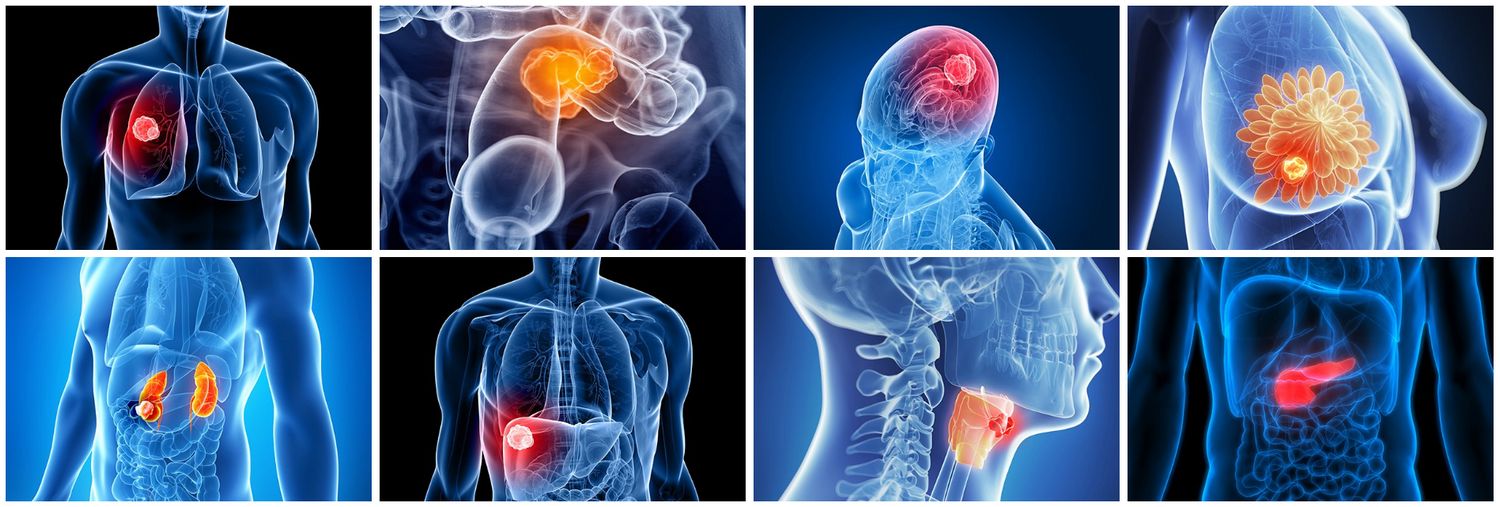
Glutamine serves as a fundamental source of nitrogen and carbon, and its uptake and utilization are greatly increased in cancer cells due to the increased energy demand required for rapid proliferation. Thus, blocking glutamine metabolism in cancer cells can be a rational therapeutic approach for cancer. The glutamine antagonist 6-diazo-5-oxo-L-norleucine (DON) exhibits remarkable anticancer efficacy; however, its therapeutic potential is hindered by its toxicity to gastrointestinal (GI) tissues.
The scientists led by Pavel Majer from IOCB Prague and by Barbara S. Slusher and Rana Rais from Johns Hopkins School of Medicine, USA designed, synthesized, and characterized twenty-one DON prodrugs with various ester and amide promoieties with improved solubility, GI stability, and DON tumor delivery. Of these, the P11 derivative showed excellent metabolic stability in plasma and intestinal homogenate, high aqueous solubility, and high tumor DON exposures. It also preserved the ideal tumor-targeting profile of the previously reported derivative DRP-104, which is currently being tested in phase 1/2a clinical trials in patients with solid tumors.
The results were published in the Journal of Medicinal Chemistry with Kateřina Novotná as the first author.
Read the article: Novotná, K.; Tenora, L.; Prchalová, E.; Paule, J.; Alt, J.; Veeravalli, V.; Lam, J.; Wu, Y.; Šnajdr, I.; Gori, S.; Mettu, V. S.; Tsukamoto, T.; Majer, P.; Slusher, B. S.; Rais, R. Discovery of tert-Butyl Ester Based 6-Diazo-5-oxo-L-norleucine Prodrugs for Enhanced Metabolic Stability and Tumor Delivery. J. Med. Chem. 2023, 66, 22, 15493–15510. https://doi.org/10.1021/acs.jmedchem.3c01681






